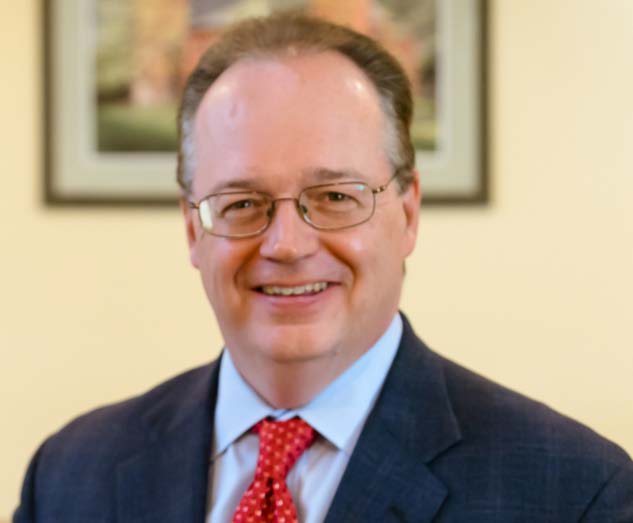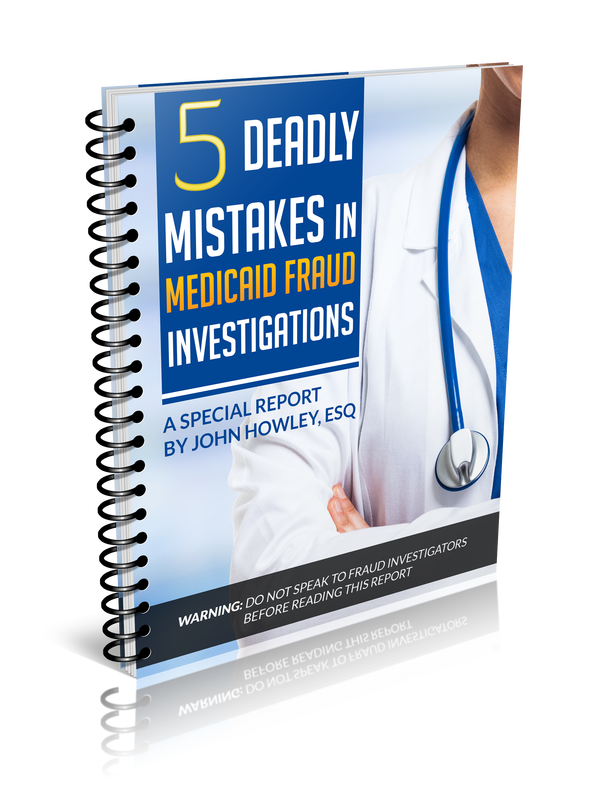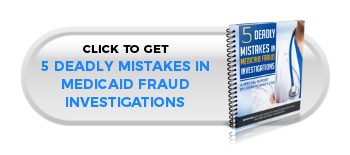OFF-LABEL PROMOTION OF PHARMACEUTICALS
|
Most of the largest qui tam or whistleblower rewards have gone to pharmaceutical whistleblowers who challenged their employer’s off-label marketing of pharmaceutical products.
Under federal law, the Food & Drug Administration (FDA) approves a pharmaceutical after it determines that the product is safe and effective for its intended use. This approval is only for the particular use for which the product was tested and approved. Once approved, a physician may prescribe the drug for any use, including an off-label use. But the pharmaceutical company is prohibited from marketing or promoting a drug for a use that the FDA has not approved. Prohibited activities range from encouraging individual doctors to prescribe a pharmaceutical for an off-label use, to providing financial support for scientific and educational activities promoting off-label uses. If a pharmaceutical company’s statements or materials promote a use that is inconsistent with the product’s approved labeling, the product is considered a “misbranded drug.” When a pharmaceutical company promotes its products for an off-label use, and that promotion results in claims for reimbursement from Medicare or Medicaid, all of those claims are considered “false claims” under the federal False Claims Act. As a result, the pharmaceutical company can be ordered to pay three times what Medicare or Medicaid paid for the product, plus a penalty of $11,000 per claim. A pharmaceutical whistleblower who brings a qui tam lawsuit challenging the off-label promotion is entitled to a reward of between 15% and 30% of the amount the government recovers. In the pharmaceutical industry, this has often resulted in rewards in the millions of dollars. Examples of Off-Label Marketing and PromotionBoehringer Ingelheim Pharmaceuticals Inc.
Boehringer Ingelheim agreed to pay $95 million to resolve allegations that it improperly promoted the stroke-prevention drug Aggrenox, the chronic obstructive pulmonary disease (COPD) drugs Atrovent and Combivent, and the hypertension drug Micardis for indications and dosages that were not approved by the FDA and not covered by federal health care programs. The agreement also resolved allegations that the company paid kickbacks to health care professionals to induce them to prescribe Aggrenox, Atrovent, Combivent and Micardis. Click here to read more.... Par Pharmaceutical Companies Two former pharmaceutical sales representatives will share a $4.4 million whistleblower reward for reporting their former employer’s off-label promotion of a drug to treat weight loss in AIDS patients. They alleged that Par Pharmaceuticals, a generic drug company, promoted Megace® ES for uses that were not approved by the Food and Drug Administration (FDA) and not covered by federal healthcare programs. Click here to read more.... Pfizer Inc. Pfizer agreed to pay $55 million plus interest to settle allegations that Wyeth LLC, a Pfizer subsidiary, promoted the prescription drug Protonix for off-label use. The government alleged that Wyeth engaged in a “multifaceted” campaign to promote Protonix for all forms of GERD, including symptomatic GERD, which was far more common and could be diagnosed without an endoscopy. These other uses were not approved by the FDA. Click here to read more.... Amgen Inc. Amgen agreed to pay $612 million to settle ten whistleblower lawsuits alleging that the company illegally promoted a misbranded drug. Click here to read more.... |
John Howley, Esq.
The Howley Law Firm P.C. 350 Fifth Avenue, 59th Floor New York, New York 10118 (212) 601-2728 |


